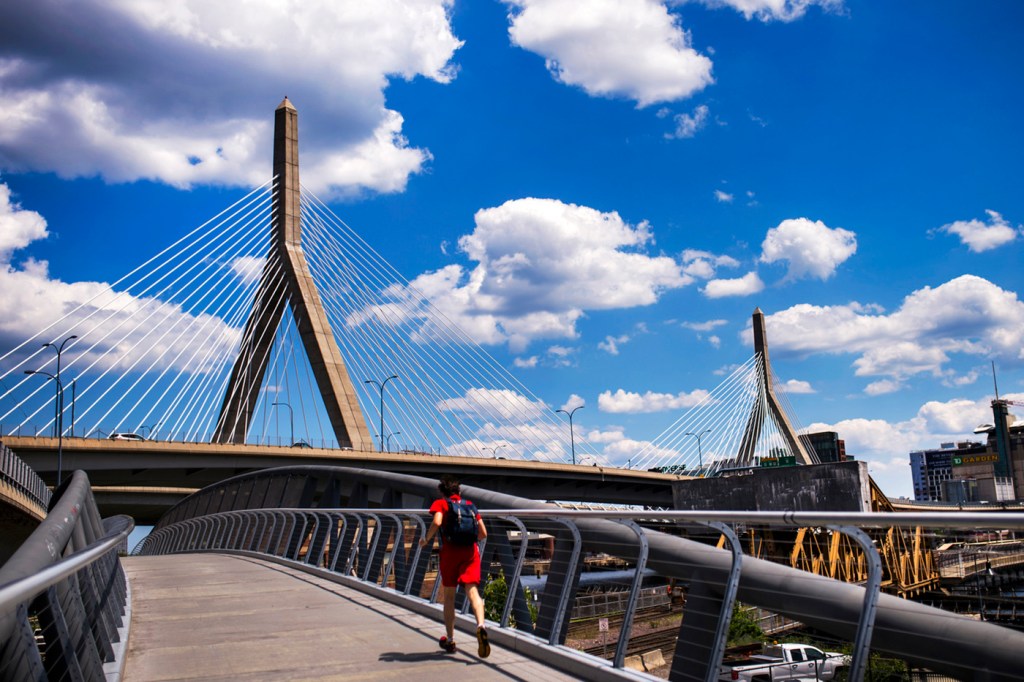What’s next for the city of Boston

What will the city of Boston look like in 2030?
That’s the focus of this fall’s Open Classroom series, which will be held on Wednesdays from 6-8 p.m. in 20 West Village F from Sept. 6 to Dec. 13.
The impetus for the seminar, which is free and open to the public, is Boston Mayor Marty Walsh’s Imagine Boston 2030 initiative, the Hub’s first citywide plan in 50 years. The plan, shaped by more than 15,000 Boston voices, “identifies major initiatives that will expand opportunity for all Bostonians, support a vibrant economy, enhance quality of life, and prepare for climate change,” according to the city’s in-depth guide to Imagine Boston 2030.
The course will be led by Ted Landsmark, who joined Northeastern’s faculty in April as Distinguished Professor of Public Policy and Urban Affairs and director of the Kitty and Michael Dukakis Center for Urban and Regional Policy. Landsmark, a higher education visionary and public policy expert, is president emeritus of the Boston Architectural College, where he worked from 1997 to 2014, and a board member of the Boston Planning and Development Agency. He holds a doctorate in American and New England studies from Boston University and professional degrees in law and environmental design from Yale University.
“This is an opportune time to proactively assess what kind of city we want to be and how we’ll get there,” said Landsmark. “The Northeastern community can learn from this process and weigh in on how specific details of this planning framework can be implemented.”
The seminar itself will focus on a range of topics, covering everything from affordable housing, gentrification, and homelessness to public education, public health, and public safety.
Classes will feature remarks by a mix of public officials, civic leaders, and local scholars. Guest speakers will include Natalia Urtubey, executive director of Imagine Boston 2030; Julie Burros, Boston’s chief of arts and culture; and Daniel Mulhern, the city’s director of public safety.
Several Northeastern faculty members will also participate in the seminar. Joan Fitzgerald, for example, professor of public policy and urban affairs, will discuss the implementation of Boston’s plan to combat climate change. Peter Furth, professor of civil and environmental engineering, will explore Go Boston 2030, the city’s vision for its transportation future. And Rachel Rosenbloom, professor of law, will examine the services provided by the city’s Office of Immigrant Advancement.
“Boston’s size and location enable analysis of what does and doesn’t work in putting public policies into practice,” said Landsmark. “We’ve invited people to the Open Classroom this fall who could be impacted by the Imagine Boston 2030 plan, so our dialogue ought to be active and engaged.”





